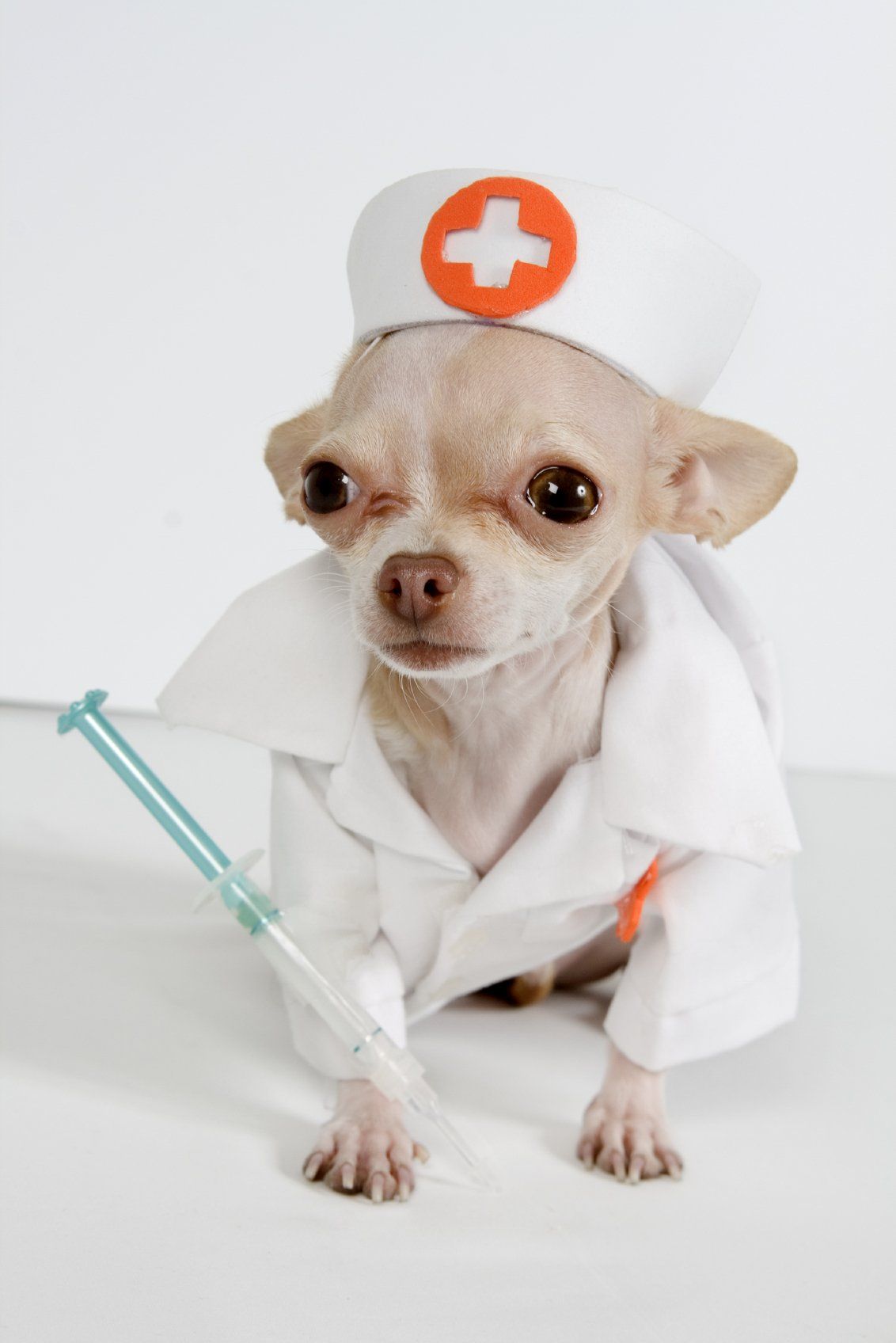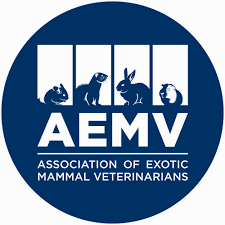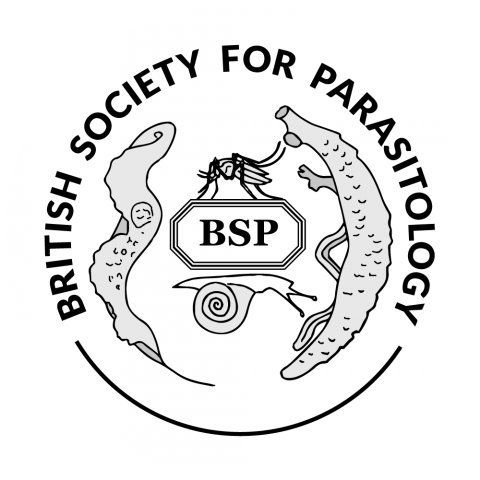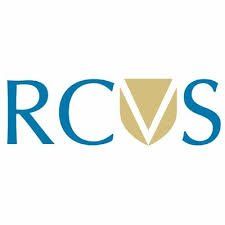Digestive Supplements for Dogs and Cats
Digestive Health Matters

Supporting the Gut: Why Digestive Health Matters for Dogs & Cats
A healthy gut is the foundation of good health in dogs and cats. Beyond digesting food, the gastrointestinal tract (GIT) is an intricate organ system housing trillions of microorganisms — bacteria, yeasts, protozoa, and viruses — collectively known as the gut microbiota. These microbes interact closely with the intestinal lining and immune system, influencing not only digestion but also metabolism, inflammation, and even behaviour.
In a healthy animal, beneficial bacteria such as Lactobacillus and Enterococcus species dominate the gut flora. They help maintain an acidic intestinal environment that suppresses pathogens, ferment undigested carbohydrates to produce short-chain fatty acids (SCFAs) like butyrate (fuel for intestinal cells), and stimulate the production of mucus and secretory IgA — both essential for intestinal barrier protection.
However, stress, antibiotics, dietary change, infections, or parasitism can disrupt this delicate ecosystem. The result — known as dysbiosis — can lead to diarrhoea, bloating, poor nutrient absorption, or chronic gastrointestinal inflammation.
Scientific studies have demonstrated that re-establishing microbial balance with probiotics and prebiotics can reduce diarrhoea duration, modulate immune responses, and improve stool quality (Schmitz & Suchodolski 2016, Vet Clin Small Anim 46:21–32).
At ParasiteVet, our goal is to support that balance using evidence-based formulations. Our Veterinary Parasitology digestive range — Digestive Care Paste, GI Care Powder, Digestive Clay and Fibre Care — combines probiotics, prebiotics, natural clays, and dietary fibres to stabilise the gut environment, restore stool consistency, and enhance long-term intestinal resilience.
Understanding Key Gut-Supportive Components
Before diving into each product, let’s look at the functional ingredients used across the range — and why they matter.
1. Probiotics (Enterococcus faecium)
Probiotics are live microorganisms that, when administered in adequate amounts, confer a health benefit to the host (FAO/WHO 2001). Enterococcus faecium NCIMB 10415 E1707 is a widely studied strain in small-animal nutrition.
- Competes with pathogens for nutrients and adhesion sites
- Produces lactic acid, lowering intestinal pH
- Supports recovery after antibiotic therapy
Studies show that probiotic administration in dogs reduces acute diarrhoea duration and improves faecal scores (Herstad et al. 2010, Vet Rec 167:75–79).
2. Prebiotics (FOS, MOS, Inulin)
Prebiotics are non-digestible carbohydrates that feed beneficial bacteria.
- Fructo-oligosaccharides (FOS) selectively stimulate Lactobacillus and Bifidobacterium growth.
- Mannan-oligosaccharides (MOS) bind to bacterial lectins, preventing attachment of harmful E. coli and Salmonella.
- Inulin, from chicory root, provides sustained fermentation, improving SCFA production.
Together, they help re-establish balanced intestinal flora and enhance nutrient absorption.
3. Natural Binding Agents (Bentonite / Diosmectite / Zeolite)
These mineral clays adsorb toxins, bacterial metabolites, and excess water, firming stools and protecting mucosa.
- Bentonite (smectite) has a high surface area that binds toxins and heavy metals.
- Diosmectite coats the intestinal lining, reducing irritation and fluid loss.
- Zeolite also acts as an odour-absorbing and ammonia-binding mineral.
Such agents are valuable in acute diarrhoea or post-infection recovery.
4. Mucosal & Barrier Support (N-acetyl-D-glucosamine / Acacia gum)
N-acetyl-D-glucosamine supports mucin synthesis, strengthening intestinal tight junctions. Acacia gum provides soluble fibre that soothes inflammation and encourages SCFA generation.
5. Fibre (Soluble & Insoluble)
A balanced fibre mix maintains transit time and stool consistency. Soluble fibre (e.g. psyllium, inulin) promotes fermentation and gut motility, while insoluble fibre adds bulk — particularly useful in anal gland health and preventing constipation.
1. Rapid Support — Digestive Care Paste
This veterinary-strength paste is ideal for acute digestive upset, combining probiotics, prebiotics, and bentonite clay for fast relief.
Key benefits
- Recolonises the gut with beneficial E. faecium
- Binds harmful metabolites to firm loose stools
- Provides quick, palatable dosing during stress or diet change
When to use
- Sudden diarrhoea
- After antibiotic treatment or deworming
- Following travel, stress, or diet transition
Administer twice daily until stools firm, or as advised by your vet.
2. Daily Maintenance — GI Care Powder
For ongoing or recurrent digestive issues, this powder offers comprehensive microbiome and mucosal support.
Contains
- E. faecium + FOS/MOS – to restore healthy gut flora
- N-acetyl-D-glucosamine – for mucosal repair
- Diosmectite – to absorb toxins and protect lining
- Vitamin B12 – to support intestinal and immune health
Use for
- Mild inflammatory bowel disease or chronic loose stools
- Recovery from parasitic or bacterial enteritis
- Long-term resilience in sensitive pets
Mix daily with food according to body-weight. Consistent use helps maintain healthy digestion and prevents relapse.
3. Natural Binding & Firming — Digestive Clay
A simple, natural formula of 100 % purified bentonite clay, sterilised for veterinary use.
Benefits
- Rapidly firms stools by absorbing excess water
- Neutralises dietary toxins and bacterial by-products
- Gentle on sensitive stomachs; flavour-free for picky eaters
Ideal for acute loose stools, mild dietary intolerance, or post-antibiotic recovery. Use short-term or as maintenance when required.
4. Fibre & Regularity — Fibre Care
Good gut health depends on consistent transit. Fibre Care delivers a veterinary-strength blend of soluble and insoluble fibres, with probiotic and prebiotic support.
Key functions
- Promotes stool bulk and regularity
- Supports natural anal-gland expression
- Reduces odour and toxin load via zeolite
- Enhances SCFA production for colon health
Best suited for
- Dogs with soft or inconsistent stools
- Pets prone to anal-gland issues
- Long-term maintenance of stool quality
Sprinkle on food once daily. Suitable for continuous use.
Integrating the Range: A Stepwise Gut-Support Strategy
SituationRecommended Product(s)FocusAcute diarrhoea / stress episodeDigestive Care Paste ± Digestive ClayRapid relief, stool firmingPost-antibiotic or chronic imbalanceGI Care PowderRestores flora & mucosal barrierMaintenance / anal gland healthFibre CareFibre balance, odour & toxin control
Used sequentially or together, these products offer layered protection and recovery from digestive disruption.
Evidence-Based Veterinary Insight
- Probiotic efficacy: Multiple trials confirm reduced diarrhoea duration and improved faecal quality in dogs given E. faecium supplements (Kelley et al. 2009, J Vet Intern Med 23:791–795).
- Prebiotic synergy: FOS and MOS increase beneficial bacteria and SCFA production (Roberfroid 2007, J Nutr 137:830S–837S).
- Clay minerals: Diosmectite reduces diarrhoea frequency and binds bacterial toxins in veterinary patients (Dupont et al. 2014, Clin Microbiol Infect 20 Suppl 4:S57–63).
- Fibre supplementation: Improves stool consistency and reduces anal-gland disease recurrence in dogs (Bellenger et al. 2018, Aust Vet Pract 48:35–39).
These findings underpin the composition of our Veterinary Parasitology range.
Why ParasiteVet?
- Veterinary formulated: Developed by qualified veterinary surgeons with expertise in internal medicine and zoological medicine.
- Science-driven: Formulated using peer-reviewed data on probiotics, fibres, and mineral clays.
- Safe & effective: Each product produced under GMP conditions for companion animals.
- Versatile: Suitable for both dogs and cats.
By integrating targeted probiotics, prebiotics, binding minerals, and fibre, the ParasiteVet range provides complete digestive support, from rapid symptom control to long-term gut maintenance.
Final Thoughts
A balanced gut microbiota protects pets from infection, optimises nutrient uptake, and underpins immune health. When imbalance occurs, the right combination of probiotics, prebiotics, fibre, and clays can help restore stability and comfort.
Whether addressing acute diarrhoea, post-treatment recovery, or ongoing sensitivity, ParasiteVet’s Veterinary Parasitology digestive range offers reliable, vet-approved solutions for every stage of gut care.
For a healthier digestive system — and a happier pet — explore:
Digestive Care Paste →
GI Care Powder →
Digestive Clay →
Fibre Care →















